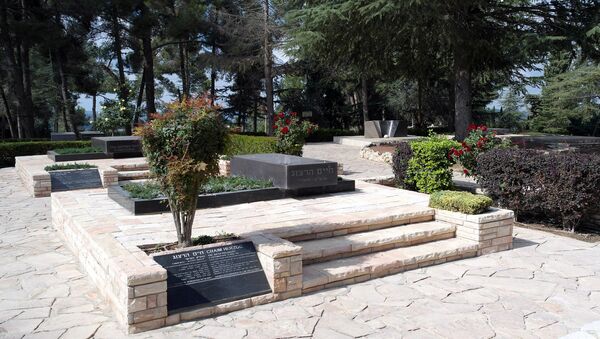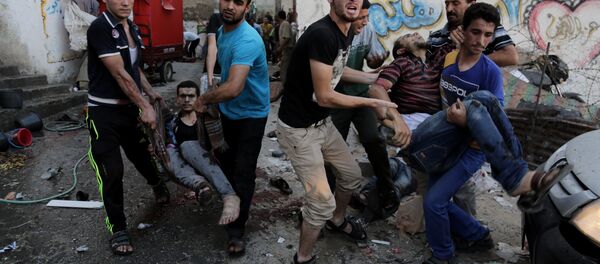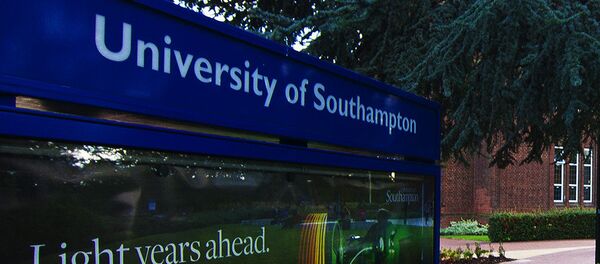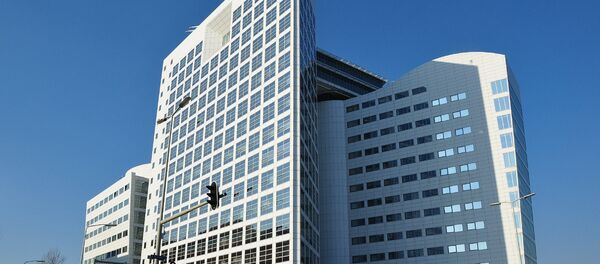Muhammed Abu Khdeir, 16, was abducted, beaten, and burned alive in July 2014 by three Israelis claiming to avenge the murder of three Jewish teenagers killed in the West Bank a month prior. Both incidents drew international attention, and sparked a brutal 50-day war between Gaza and Israel last summer.
The three accused were 30-year old Yosef Haim Ben-David and two other minors, all of whom are currently standing trial for their actions. Following Muhammed’s death, the Israeli Defense Ministry recognized him as the casualty of "hostile action," and subsequently designated him a "victim of terrorism," a move that entitles his family to compensation and benefits from the Israeli state.
The incident itself has waned from public attention in recent months, but Tuesday’s announcement of the addition of the teen’s name to the "Victims of terrorism" list reignited public hostilities.
Muhammed’s name was inscribed on the memorial wall at Mount Herzl, a military cemetery where many Israeli dignitaries are buried. His name was also added to a similar list on a government-run website commemorating Israeli victims of violence. An announcement of the addition of the name was made on Israeli state-run radio on the eve of Israel’s annual Remembrance Day for soldiers and civilians killed over the decades of a seemingly endless conflict.
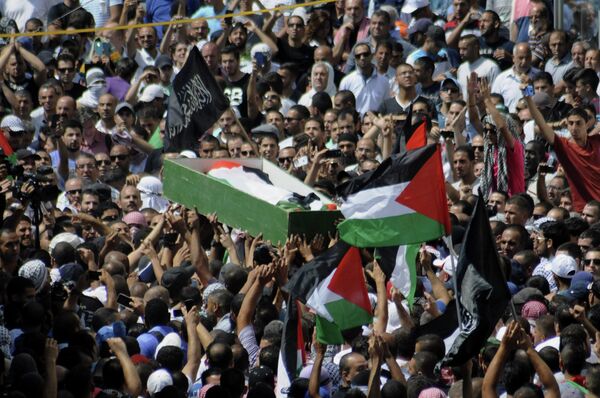
The Almagor Terror Victims Organization, a group representing the families of Israeli casualties, responded to the announcement with anger, demanding the name be removed from the list.
"[Khdeir’s] name on the memorial debases the memory of all the other fallen people," Almagor member Yossi Tzur said to Israel Radio. "He is not part of the Israeli ethos. He is not part of the sacrifice our children made at the altar for the same of Israel’s establishment and existence."
Almagor members aren’t the only ones displeased with the commemoration of the fallen Palestinian teen. Joining the critics are Muhammed’s parents, Suha and Hussein Abu Khdeir, who have also requested the name of their son be removed from the list.
Hussein initially demonstrated some appreciation for the move, but said that he was more concerned with justice than the inscription of his son’s name.
"This is a great initiative meant to honor my son," he told Ynet News. "But I’m more interested with something else entirely: For the court to do justice with those who burned my son alive, and sentence them to the appropriate punishment."
Hussein additionally noted his concern over the ongoing trial of his son’s offenders. Defense lawyers for the accused have recently claimed that their clients are mentally unfit to stand trial.
"My son is gone, my son was burned and we were burned with him," Hussein added, "I want justice and not honor. What good is it going to do me if they carve his name in stone?"
In another radio interview, Hussein said that he and his wife will request their son’s name be removed from the list.
"We don’t need the recognition…we’re not Israeli citizens. Instead of this list, we want justice and the prosecution of the criminals."
Like most Palestinians living in occupied East Jerusalem, the Khdeirs are not citizens of Israel, but have permanent resident status that allows them to work and receive social welfare from the state. Hussein told Arabic and Hebrew news agencies that he would prefer to hang a portrait of his son outside his house in Eastern Jerusalem, but Israeli authorities have warned that such a move would incur a fine of 2,000 shekels ($500).
Speaking to Reuters, Muhammed’s mother, Suha, said that she and her husband were not informed about the addition of their son’s name and first heard about it from the radio. She said her family felt ashamed by the move, as her son is a "Palestinian martyr, and not Israeli."
According to Ynet News, Muhammed Khdair’s name has been removed from the list following his parents’ request.

